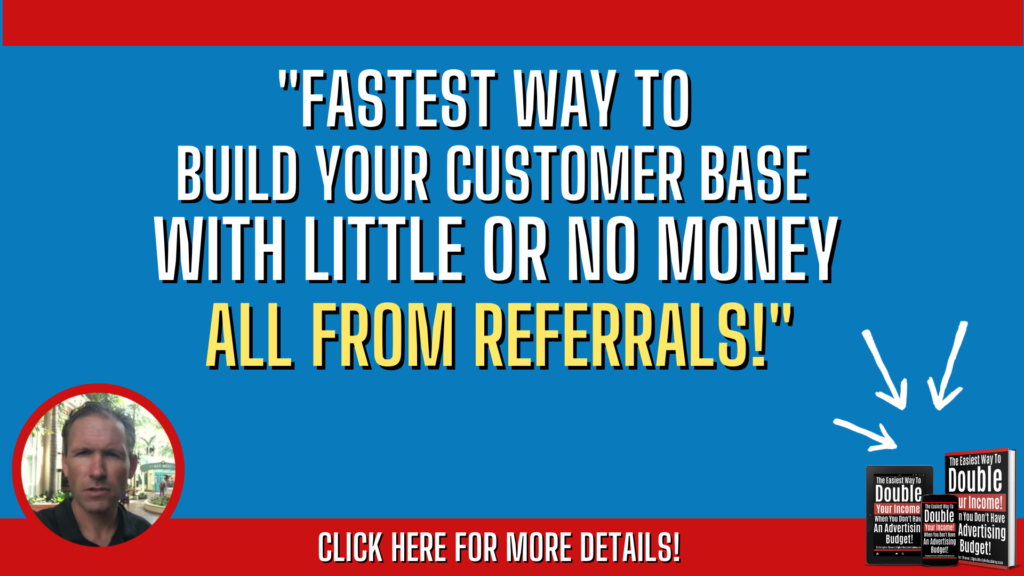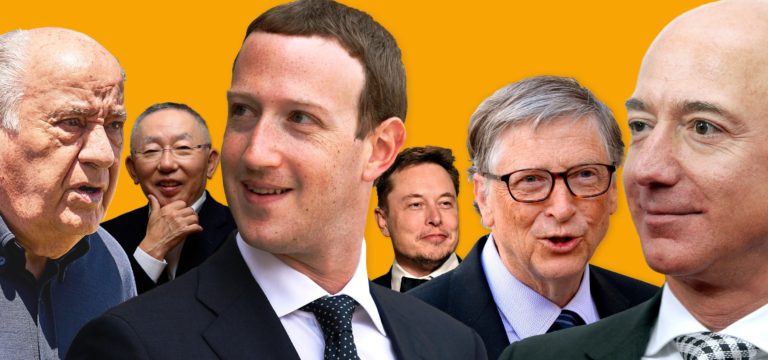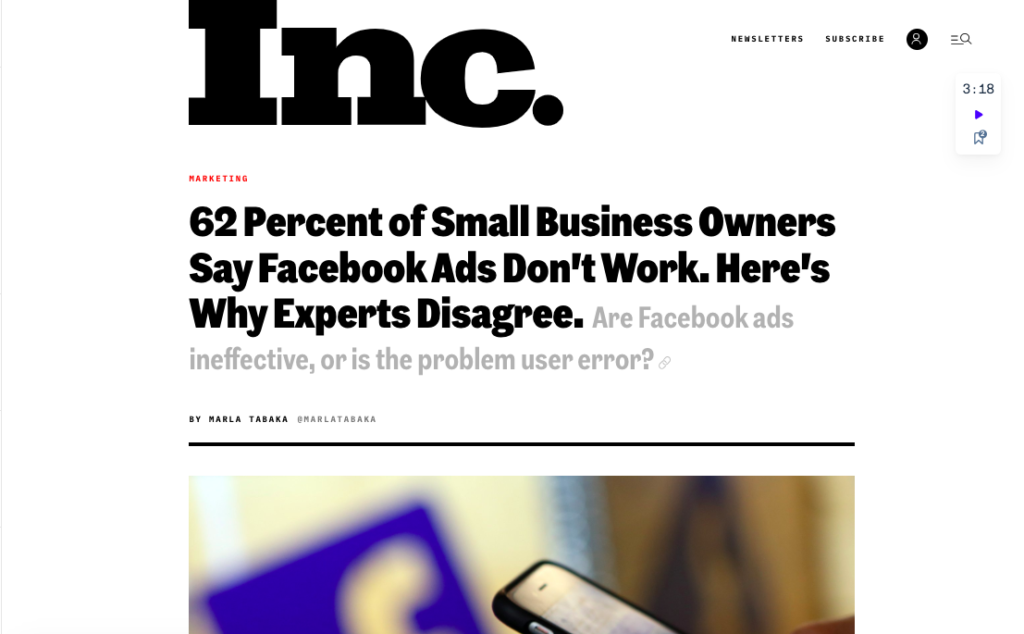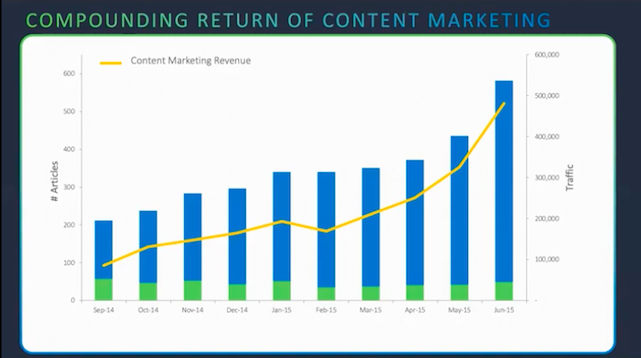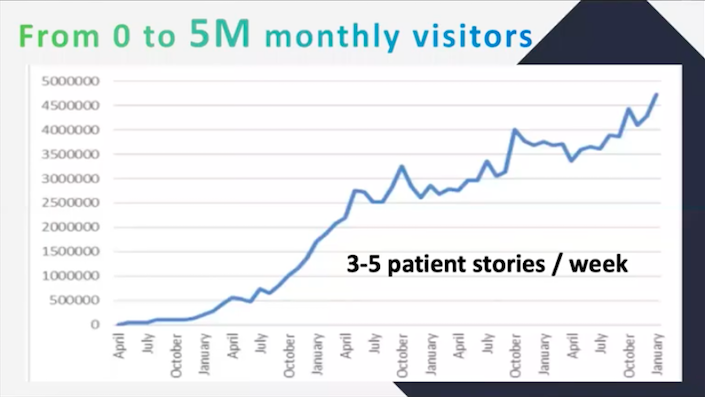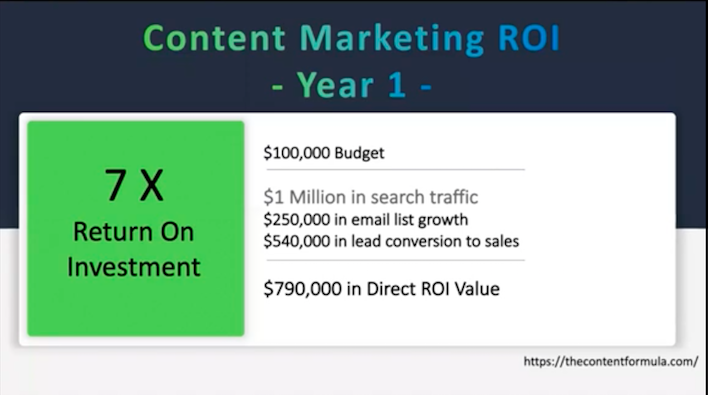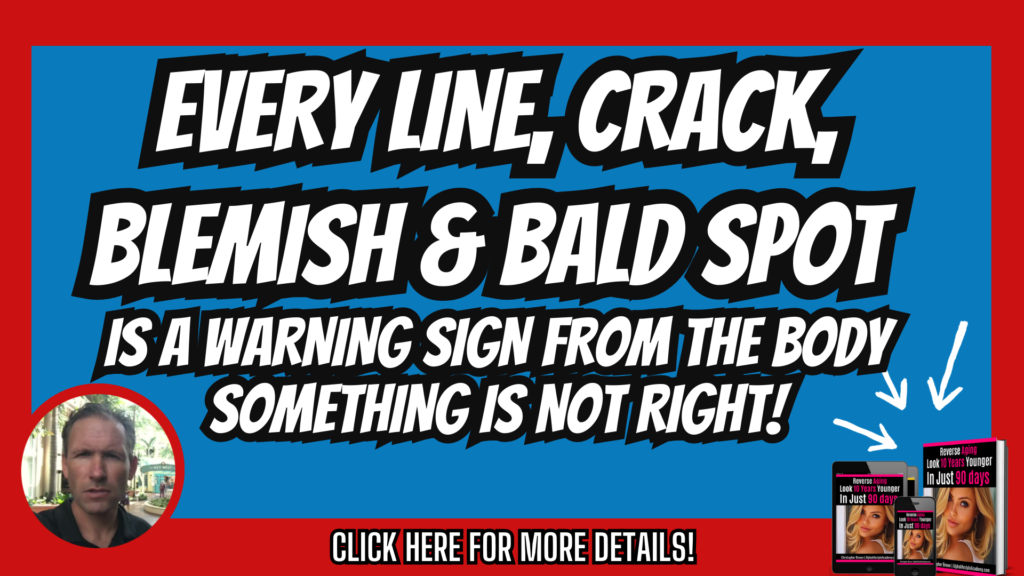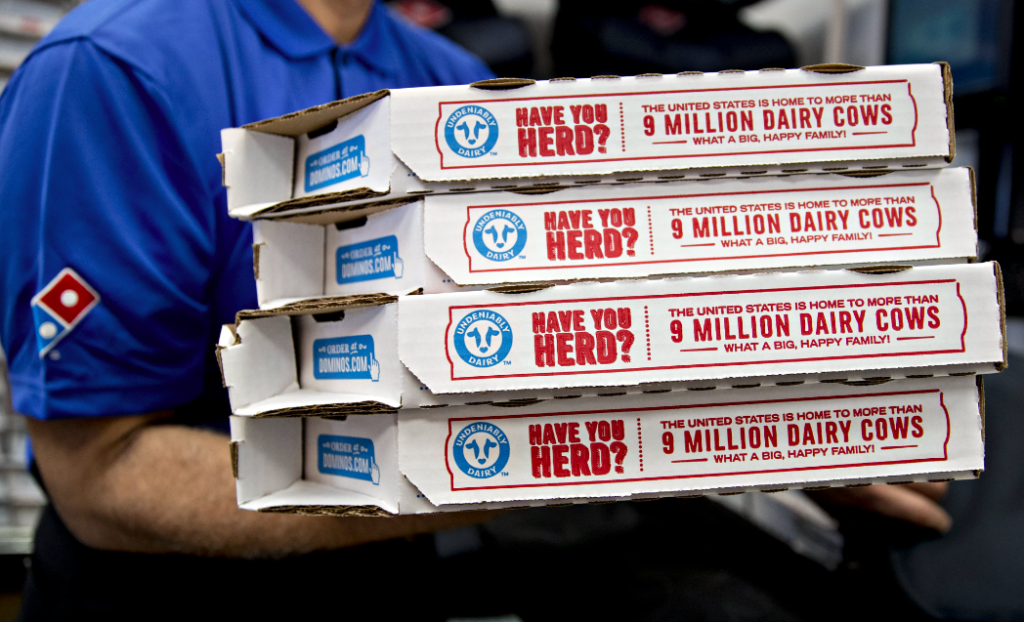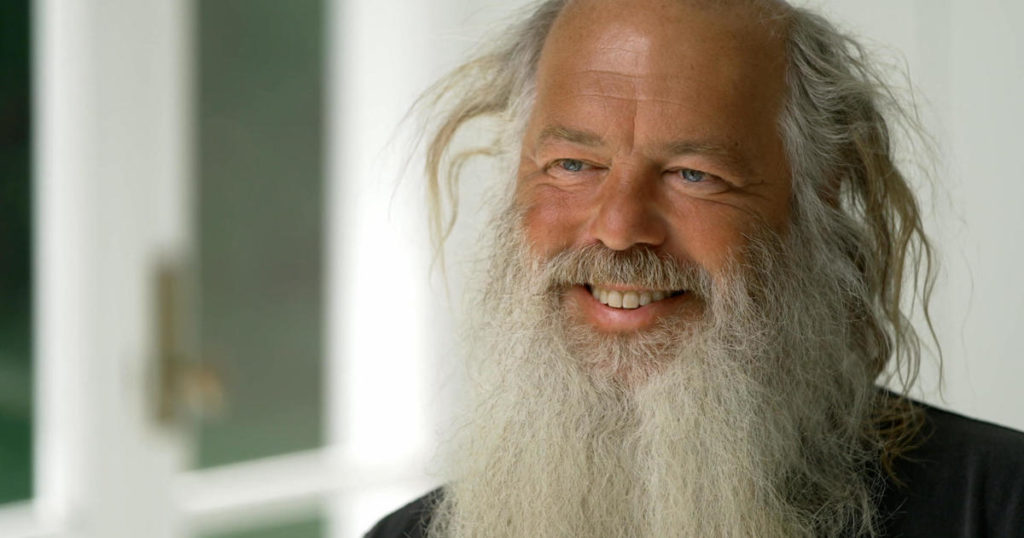Best Weight Loss Clinics in Van Nuys, California: A Comprehensive Guide
Introduction
Losing weight can be a challenging journey, and finding the right weight loss clinic is crucial for success. If you're in Van Nuys, California, you're in luck! In this comprehensive guide, we'll explore the best weight loss clinics in Van Nuys, California, and how they can help you achieve your weight loss goals. Whether you're looking for medical supervision, personalized plans, or holistic approaches, Van Nuys has some top-notch clinics to offer. Let's dive in and discover the best options available!
Why Choose a Weight Loss Clinic? {#why-choose-a-weight-loss-clinic}
Weight loss clinics offer professional guidance and support to individuals seeking to shed extra pounds. Here are some compelling reasons why you should consider choosing a weight loss clinic:
- Expert Guidance: Weight loss clinics are staffed with experienced professionals who specialize in creating personalized weight loss plans tailored to your unique needs.
- Medical Supervision: Clinics with medical staff provide essential health monitoring during your weight loss journey, ensuring your safety and well-being.
- Accountability and Support: Weight loss clinics provide ongoing support, motivation, and accountability to help you stay on track and achieve your goals.
- Access to Advanced Treatments: Clinics often offer access to advanced weight loss treatments and technologies that may not be available elsewhere.
Factors to Consider when Choosing a Weight Loss Clinic {#factors-to-consider-when-choosing-a-weight-loss-clinic}
When selecting a weight loss clinic, it's crucial to consider the following factors:
- Reputation and Reviews: Research the clinic's reputation and read reviews from previous clients to ensure their credibility and success rate.
Frequently Asked Questions
FAQ 1: What are the benefits of choosing a weight loss clinic in Van Nuys, California?
Choosing a weight loss clinic in Van Nuys, California offers several benefits, including:
- Access to experienced professionals who can create personalized weight loss plans tailored to your specific needs.
- Medical supervision throughout your weight loss journey, ensuring your safety and well-being.
- Ongoing support, motivation, and accountability to help you stay on track and achieve your goals.
- Access to advanced weight loss treatments and technologies that may not be available elsewhere.
FAQ 2: How do I choose the best weight loss clinic in Van Nuys?
When selecting a weight loss clinic in Van Nuys, consider the following factors:
- Research the clinic's reputation and read reviews from previous clients to ensure their credibility and success rate.
- Check the credentials and qualifications of the clinic's staff to ensure they have the necessary expertise.
- Evaluate the clinic's approach to weight loss, whether they focus on medical supervision, personalized plans, or holistic approaches.
- Consider the clinic's location, operating hours, and convenience to fit your schedule.
FAQ 3: What types of weight loss treatments and programs are commonly offered by clinics in Van Nuys?
Weight loss clinics in Van Nuys typically offer a range of treatments and programs, including:
- Medical weight loss programs supervised by healthcare professionals, which may include medication or injections.
- Personalized diet plans designed to meet your nutritional needs and promote healthy weight loss.
- Fitness and exercise programs tailored to your fitness level and goals.
- Behavioral therapy and counseling to address emotional and psychological factors related to weight management.
- Support groups and educational sessions to provide guidance, motivation, and accountability.
FAQ 4: Are weight loss clinics in Van Nuys covered by insurance?
The coverage for weight loss clinics in Van Nuys may vary depending on your insurance provider and policy. Some insurance plans may cover certain weight loss services, such as medical consultations or treatments. It's important to contact your insurance provider directly to inquire about coverage and any associated requirements.
FAQ 5: How long does it take to see results from a weight loss clinic program?
The time it takes to see results from a weight loss clinic program can vary depending on various factors, including your starting weight, metabolism, adherence to the program, and overall health. It's important to remember that sustainable weight loss is a gradual process. Many individuals start noticing positive changes within a few weeks, such as increased energy levels and improved well-being. Significant weight loss results typically occur over a few months with consistent effort and commitment.
FAQ 6: What should I expect during my initial consultation at a weight loss clinic?
During your initial consultation at a weight loss clinic, you can expect the following:
- Discussion of your medical history, current health status, and weight loss goals.
- Assessment of your body composition, including measurements and weight.
- Evaluation of any underlying health conditions or factors that may impact your weight loss journey.
- Development of a personalized weight loss plan based on your individual needs and preferences.
- Explanation of the clinic's services, programs, and any associated costs or insurance coverage.
Please note that the specific procedures and protocols may vary between different weight loss clinics in Van Nuys, California.




